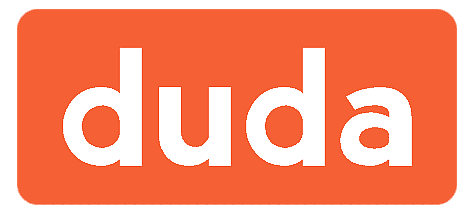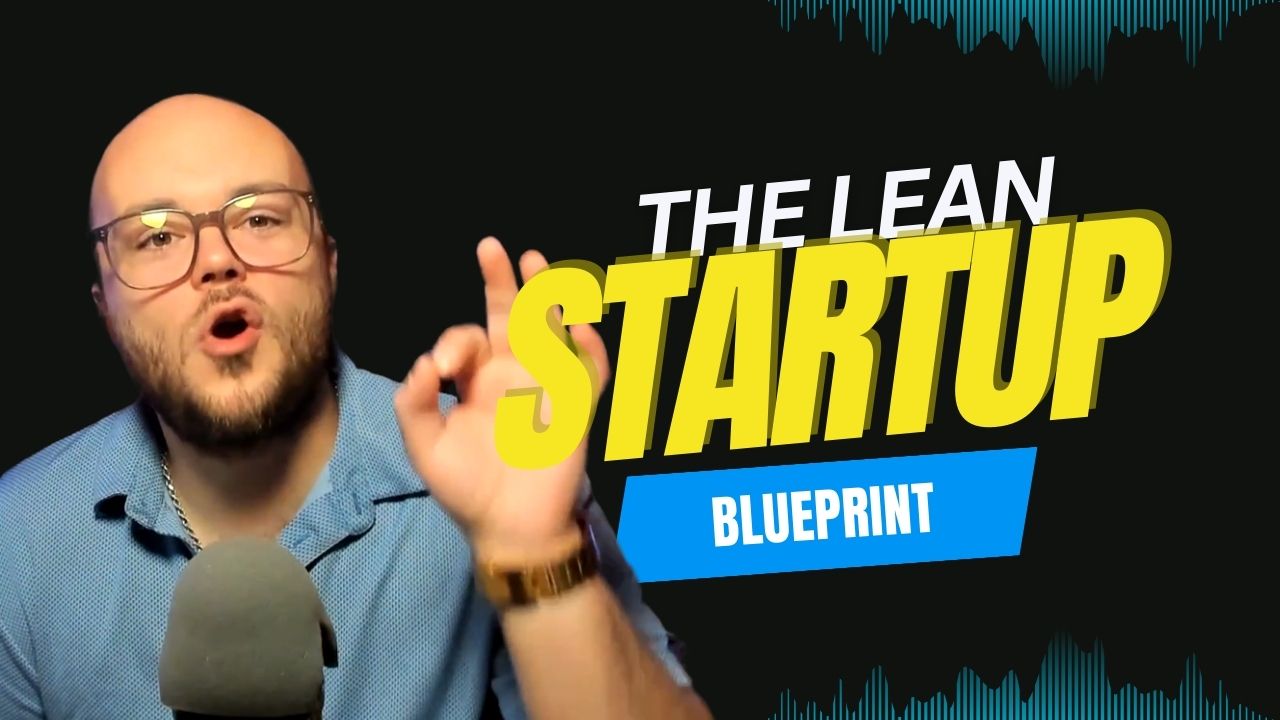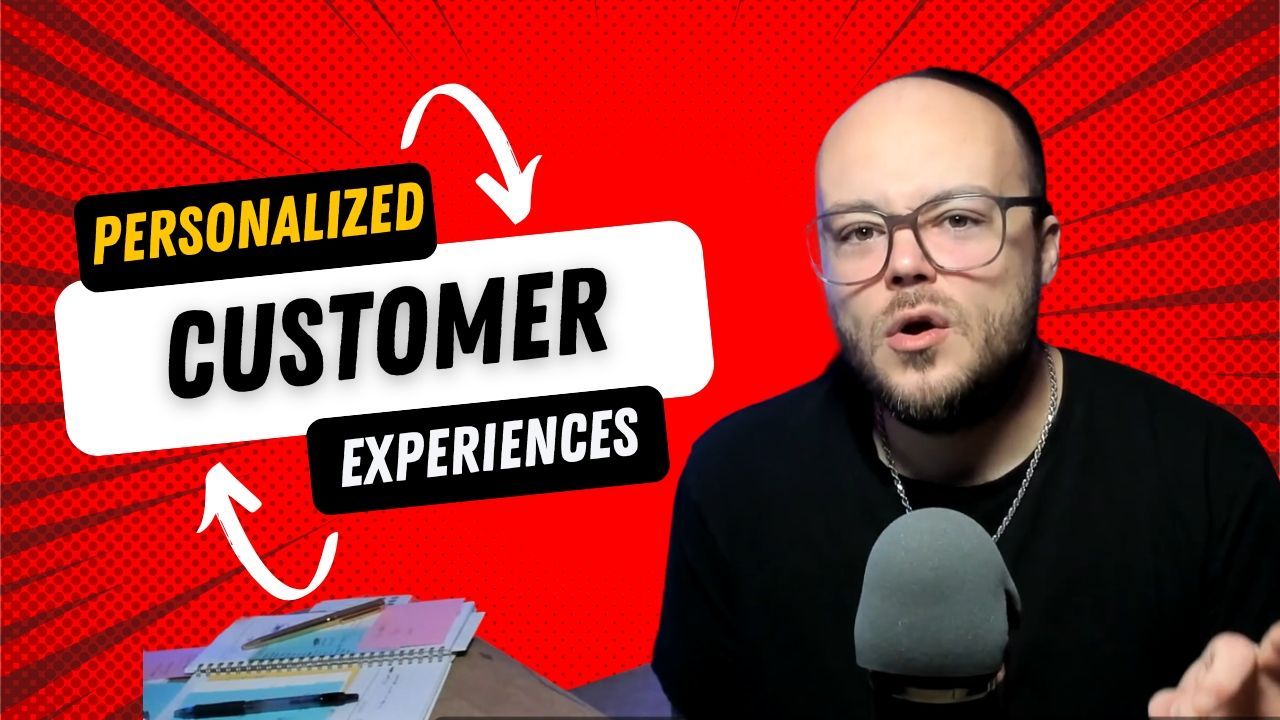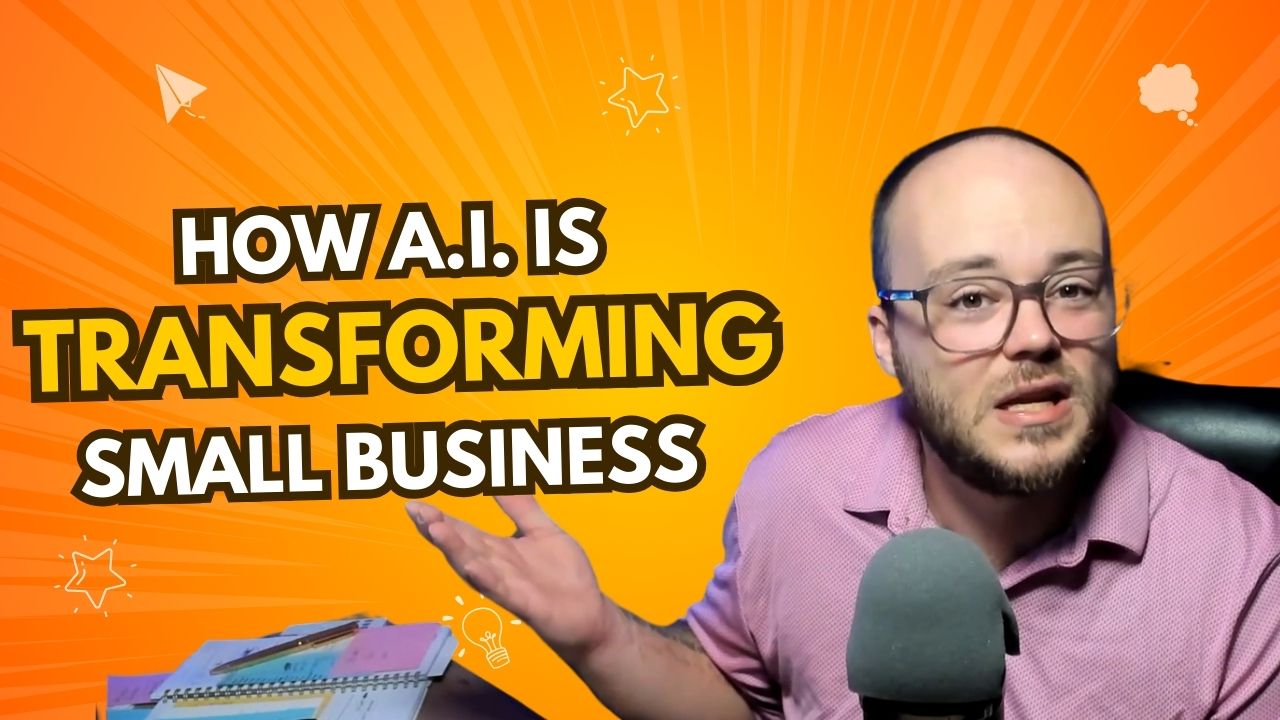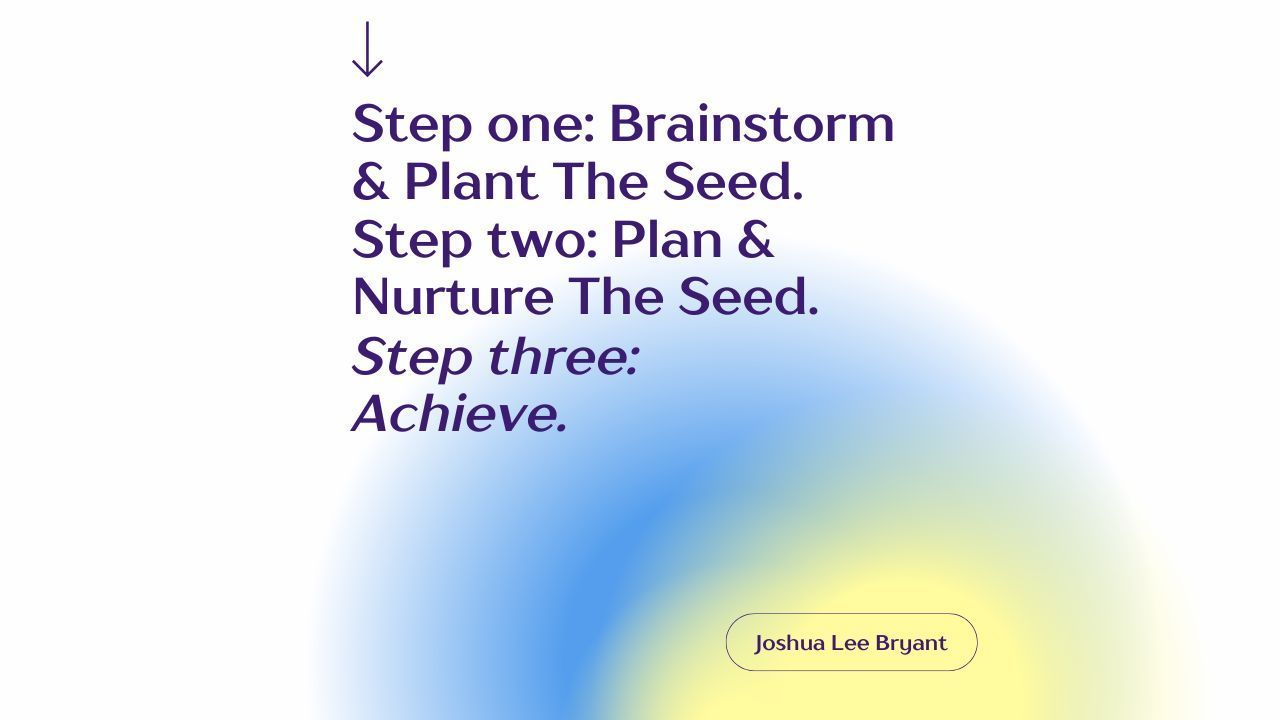Summary
In this conversation, Joshua Lee Bryant explores the concept of dopamine and its critical role in motivation and productivity. He discusses how modern distractions can hijack our dopamine levels, leading to decreased motivation and focus. The conversation emphasizes the importance of a dopamine detox to reset brain sensitivity, the benefits of gamification in task management, and the need to shift from passive consumption to active creation. Additionally, Bryant highlights the significance of environmental design and exercise in enhancing dopamine production and overall cognitive function. The ultimate goal is to master one's drive and reclaim motivation through intentional practices.
Takeaways
Dopamine is crucial for motivation and focus.
Modern distractions can hijack dopamine levels.
Dopamine detox helps reset brain sensitivity.
Gamification can enhance task engagement.
Shifting focus from consumption to creation is vital.
Your environment influences dopamine regulation.
Exercise boosts dopamine and reduces stress.
Sleep is essential for optimal dopamine function.
Controlled dopamine release improves cognitive function.
Start small to reclaim your drive.
Sound Bites
"It's your brain chemistry at play."
Transcript
Ever feel like your motivation has vanished into thin air? Like no matter how much you want to be productive, you just can’t get yourself to start? You’re not lazy, and there’s nothing inherently wrong with your discipline—it’s your brain chemistry at play. Meet dopamine, the neurotransmitter responsible for your drive, focus, and sense of accomplishment. And right now, whether you realize it or not, it’s being hijacked.
Social media notifications, ultra-processed foods, binge-worthy TV shows, and endless scrolling are all part of a modern dopamine trap. These instant gratifications flood your brain with quick bursts of pleasure, but just like a sugar rush, the high fades fast—leaving you feeling drained, unmotivated, and stuck in a loop of seeking the next fix. Over time, this overstimulation desensitizes your dopamine receptors, making everyday tasks feel dull, unappealing, and nearly impossible to start. But the good news? You can take back control.
Dopamine hacking is about reclaiming your brain’s natural ability to drive motivation. It’s not about eliminating dopamine; it’s about managing it wisely. The first step is a dopamine detox—cutting out excessive stimulation to reset your brain’s sensitivity. This doesn’t mean quitting everything forever, but it does require temporarily stepping away from the biggest culprits: social media, fast food, and mindless entertainment. Research suggests that even a single day off screens can improve mental clarity and focus. Give your brain the silence it needs to recalibrate.
Once you reset, the next step is rewiring your brain to work for you, not against you. Instead of chasing instant pleasure, make dopamine work for long-term success. Introduce intentional rewards—small doses of pleasure earned through effort. Finish an important task, then savor a treat. Complete a workout, then enjoy a break. By pairing rewards with meaningful action, you train your brain to associate dopamine with productivity rather than passive consumption.
Gamification is another powerful tool in dopamine hacking. Your brain loves progress and thrives on small wins. Turn your goals into a challenge: assign points to tasks, create levels of achievement, and build a system where progress feels exciting. Whether it’s a streak tracker for daily habits, unlocking privileges after completing work, or setting up milestones with increasing rewards, gamifying your progress keeps motivation high and prevents burnout.
Another key to hacking dopamine is shifting your focus from consumption to creation. Passive entertainment—like endlessly watching videos or scrolling social media—keeps you in a cycle of low-effort, high-dopamine hits. But when you engage in creative activities, like writing, painting, coding, or building something, you generate dopamine through effort and accomplishment. The difference? This dopamine fuels fulfillment rather than addiction.
Your environment also plays a huge role in dopamine regulation. If distractions surround you, they will win. Make it easier to stay focused by designing an environment that supports deep work. Keep your phone out of reach when working, eliminate unnecessary notifications, and set specific time blocks for productive tasks. By reducing temptation, you make it easier to stay in control of your attention.
Exercise is another natural dopamine booster that rewires your brain for success. Physical activity increases dopamine production while reducing stress hormones, improving both mood and motivation. Even a simple 20-minute walk can enhance focus and mental clarity. Pair this with a solid sleep routine—since lack of sleep disrupts dopamine function—and you set the foundation for peak cognitive performance.
The ultimate goal of dopamine hacking isn’t just to stay motivated—it’s to become the master of your own drive. When you control dopamine instead of letting it control you, you experience more energy, sharper focus, and a sense of purpose in everything you do. Science backs this: controlled dopamine release improves cognitive function, reduces procrastination, and enhances overall well-being. The more you practice these techniques, the more resilient your motivation becomes.
So, where do you start? Begin small. Cut out one major distraction. Introduce one intentional reward. Take a break from overstimulation and notice the difference. Your brain is powerful, and with the right tweaks, you can train it to work in your favor. Hack your dopamine, reclaim your drive, and watch your productivity—and your life—transform.






